Symposium Systematic Reviewing 3.0

Scopus search of researchers working at Utrecht University who published with ‘systematic review’ in the title.
In total, 283 of these papers have been published in 2018.
Systematic Reviews are “top of the bill” in research. The number of systematic reviews published by researchers increases year after year. But performing a sound systematic review is a time-consuming and sometimes boring task. You can make use of tools to work efficiently and of support offered by the library. New developments like text mining, applying R for meta analysis and funding options might improve systematic reviews even more.
The Systematic Reviewing 3.0 symposium is both for novices and experts in systematic reviews. In the morning you can get acquainted with how to perform the ‘perfect’ systematic review, its different phases and the tools available. In the afternoon we will discuss future developments; will machines take over?
Part I: the perfect systematic search
Introduction ‘Death by database: how (not) to perform a systematic review’ – by Rens van de Schoot, associate professor in Methodology and Statistics at the Faculty of Social Sciences, Utrecht University
In a tragic situation that could have been averted, Ellen Roche, a healthy, 24-year-old volunteer in an asthma study, died because the researchers failed to include all relevant literature in their search – they only searched for papers in PubMed and failed to find studies studying serious side effects. (source)
The participants are looking forward to today, some just like penguins… Then we asked them how many abstracts they could screen per hour and how many hours can you screen non-stop?


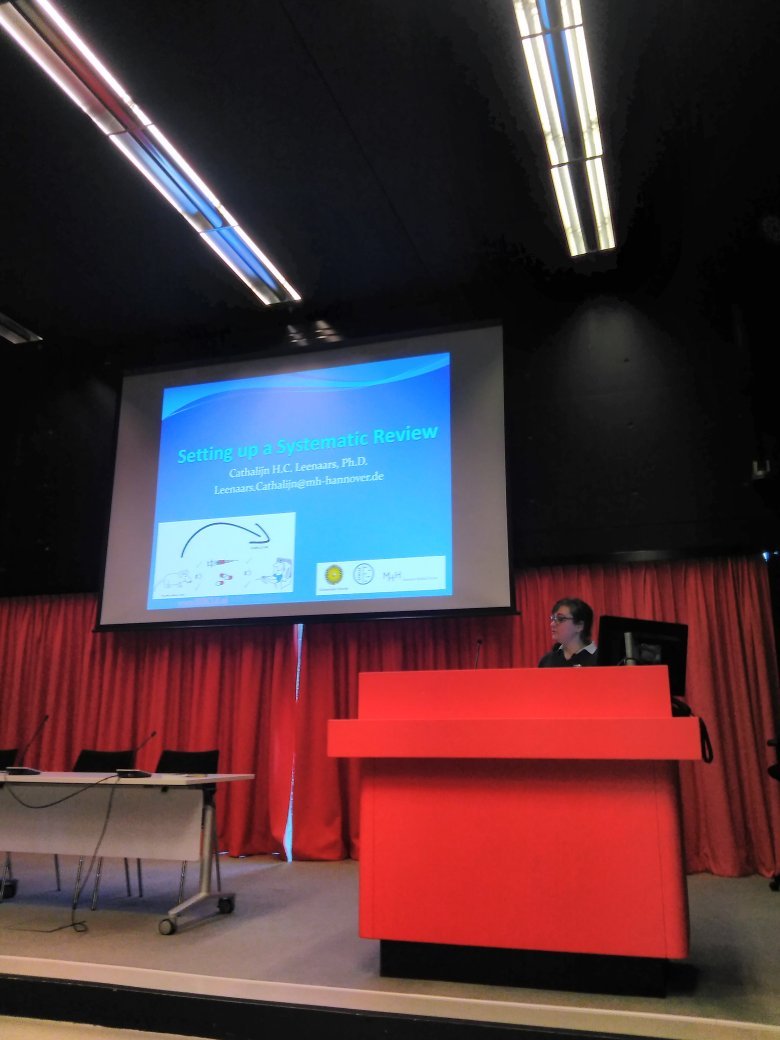
Setting up a Systematic Review by Cathalijn Leenaars, postdoc at the Hannover Medical School – slides – systematicreviewtools.com
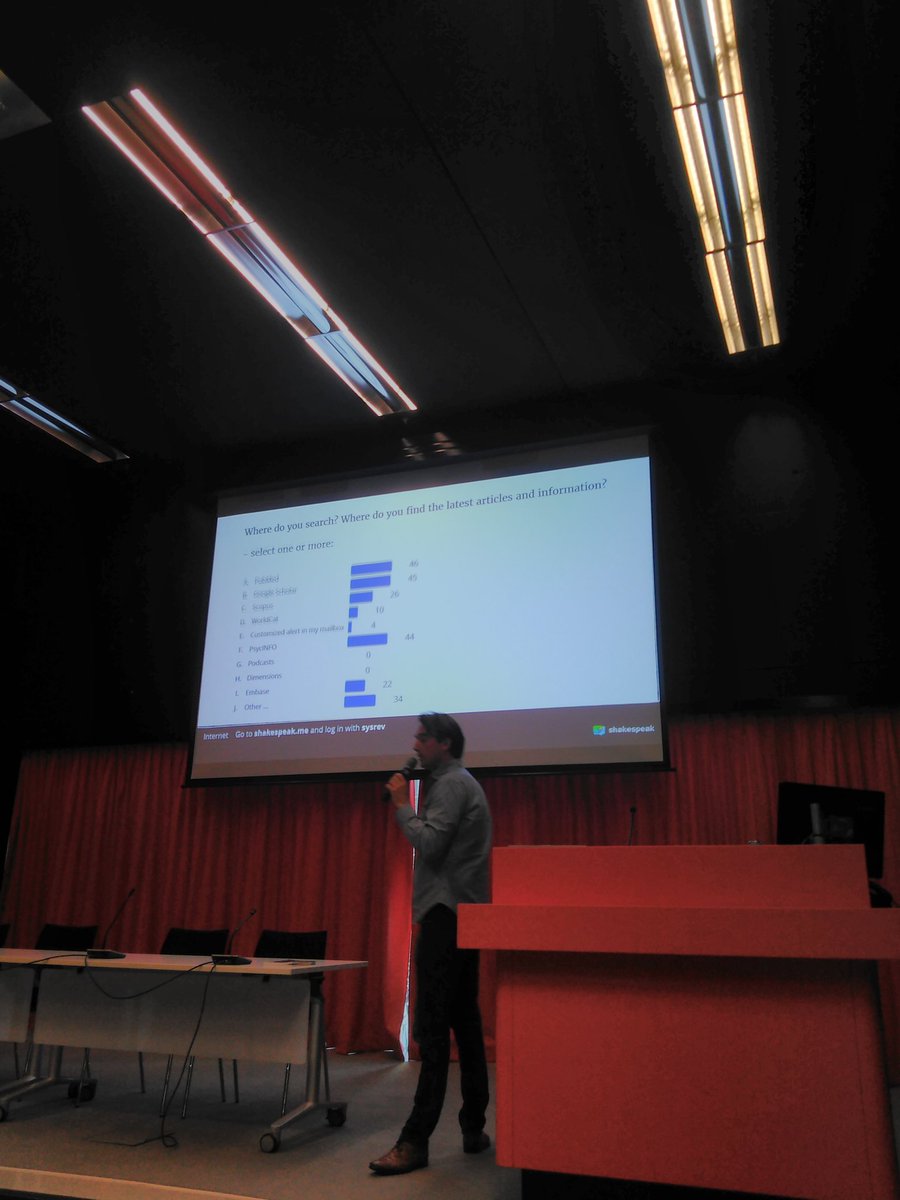
The haystack (NOT the needle). Performing a literature search for systematic reviews by Felix Weijdema, Subject Librarian Science/Medicine at Utrecht University Library – Slides

Drawing conclusions from a systematic review by Matthijs Oud, researcher at Trimbos Institute – slides
Lunch with some music by the band Minor Revisions
The band Minor Revisions playing during the break of our symposium on systematic reviewing
@MartheEgberts#sysrev30 pic.twitter.com/pA7OUFIDCK— Rens van de Schoot (@RensvdSchoot) November 13, 2018
Part II: The future of systematic reviewing
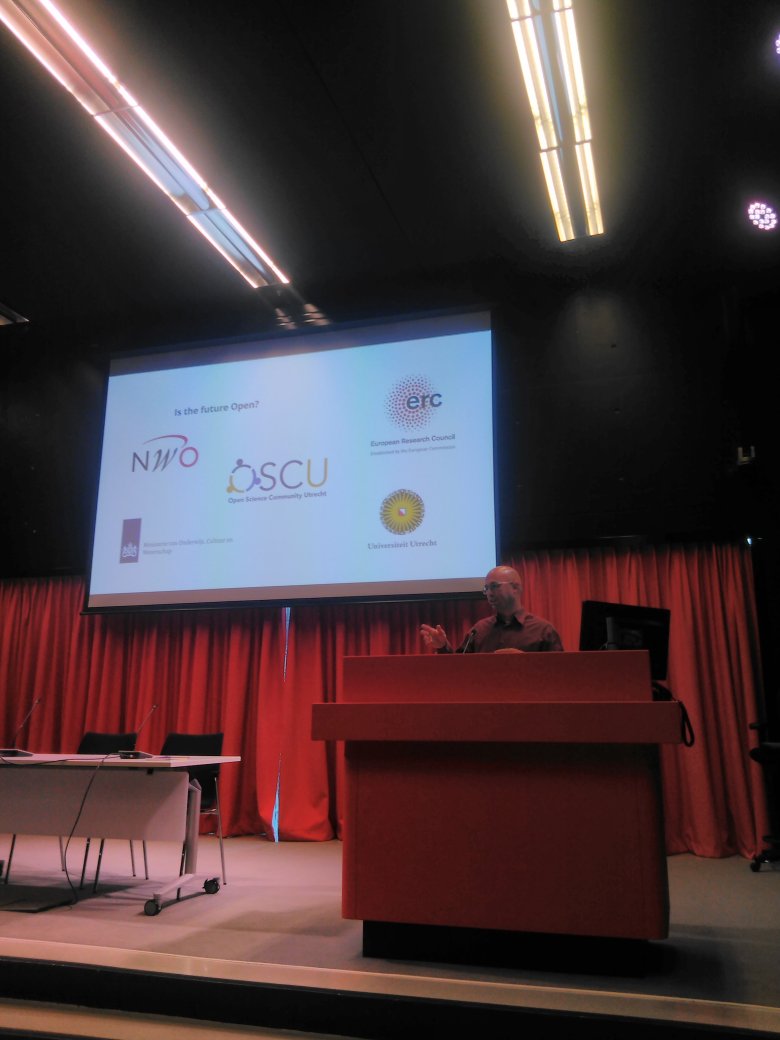
Open Science and the Systematic Review by Jan de Boer, Faculty Liaison Social Sciences at Utrecht University Library – slides
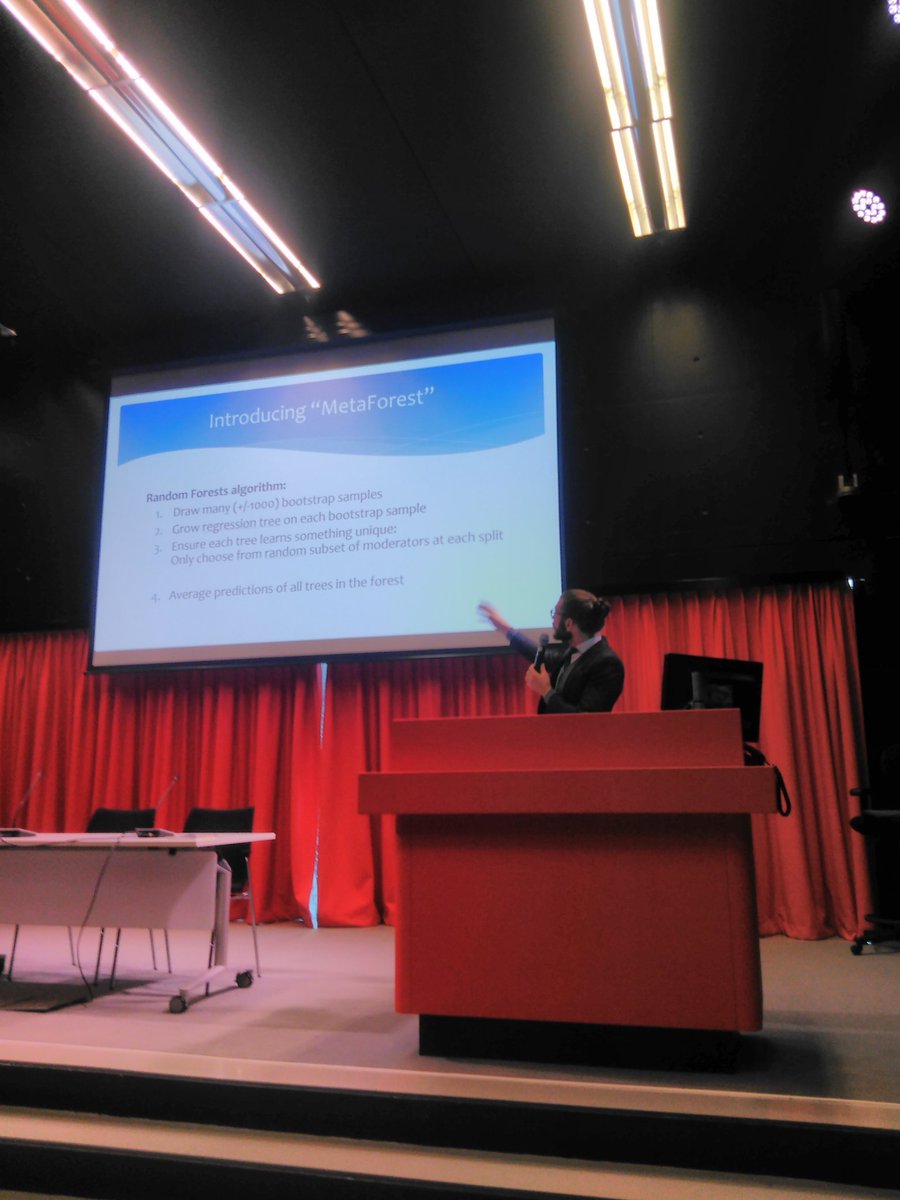
Meta-analyzing a diverse body of literature: How to deal with moderators? by Caspar Lissa, Assistant professor of methods & Statistics, Utrecht University – slides – metaforest
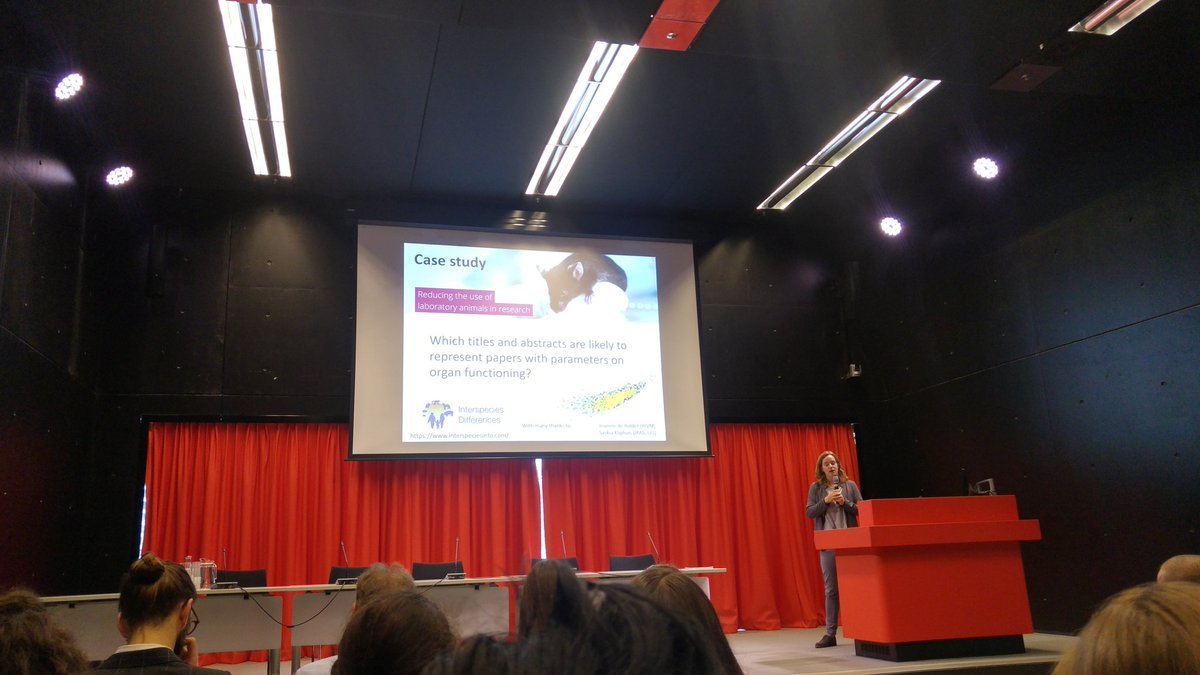
How machine learning can help you prioritize publications for inclusion in a systematic review by Tessa Pronk, Data Scientist at KWR Watercycle Research Institute, Nieuwegein – slides

Software that will do the abstract screening (much faster and cheap!) by Daniel Oberski – slides – GitHub
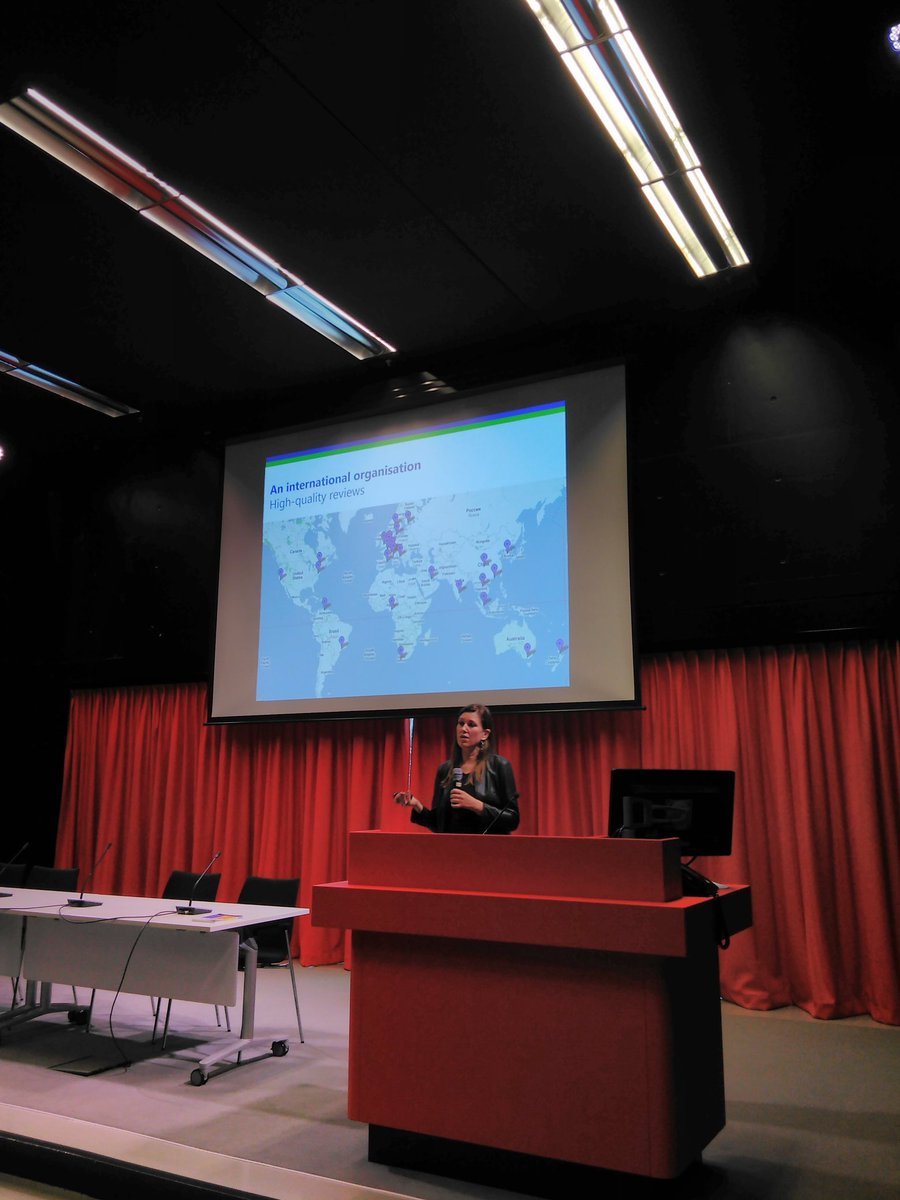
The future of systematic reviewing by Lotty Hooft, Director Cochrane Netherlands, and Rene Spijker, Informatie Specialist Cochrane Netherlands. – slides
This symposium is part of the project titled Automated Systematic Review, funded by the Innovation Fund for IT in Research Projects and in collaboration with the focus area Utrecht Applied Data Science. ADS builds a community of researchers who are interested in developing the field of data science. By joining forces and working interdisciplinarily, we can accelerate the development of data science techniques within Utrecht University. Join our community at www.uu.nl/ads



